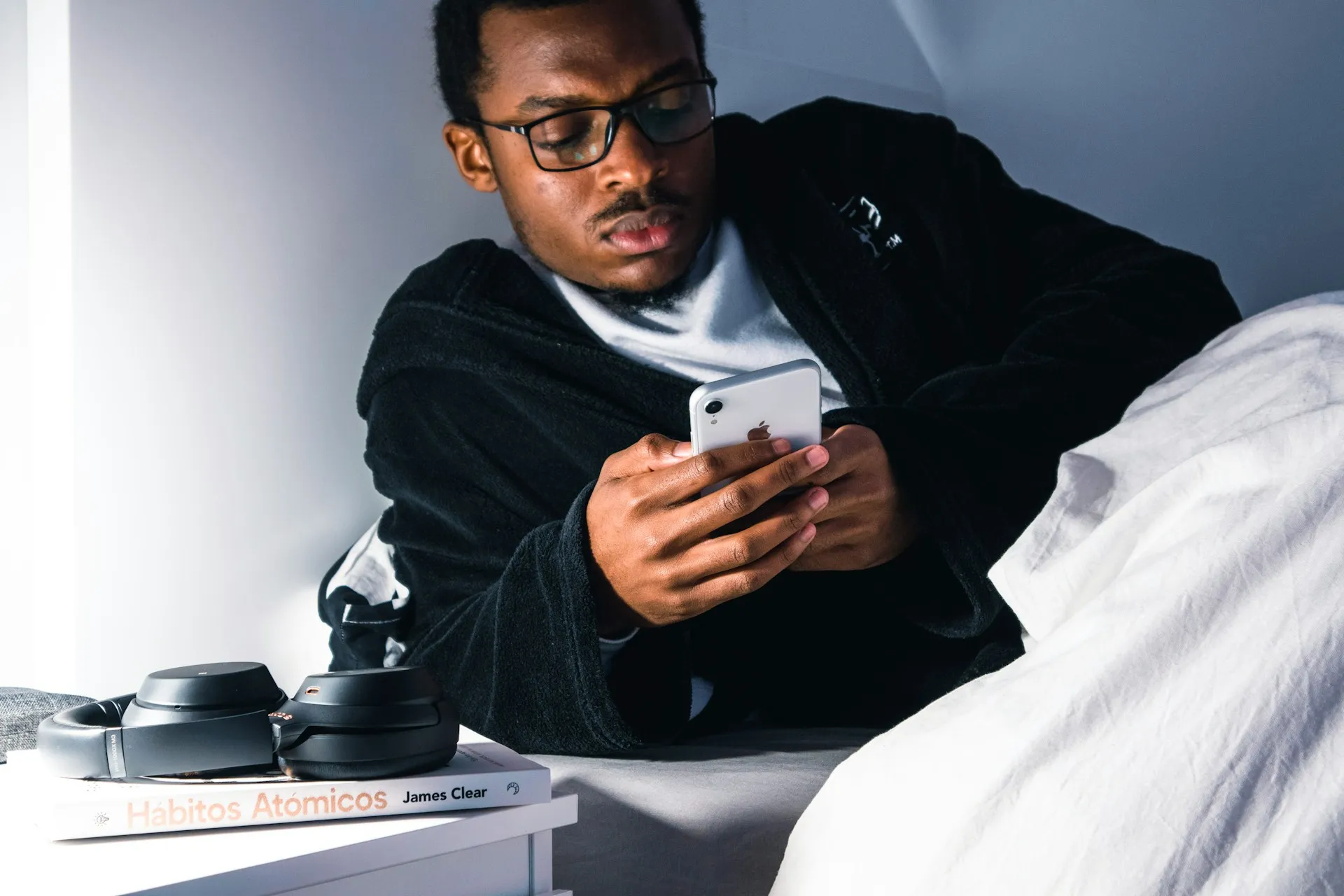Healthy Living: Understanding the Impact of Late-Night Screen Time on Sleep Quality

Healthy Living: The Dangers of Late-Night Screen Time
Healthy living is strongly connected to sleep quality, and the rising trend of late-night screen time raises significant concerns. According to a new study published in Frontiers in Psychiatry, scrolling through smartphones or watching television in bed substantially increases the risk of insomnia, especially among adolescents and young adults.
Study Findings on Screen Time and Insomnia
The research involved over 45,000 students in Norway, revealing that increased screen usage in bed correlates with a staggering 59% rise in insomnia risk. Not only does every additional hour of screen time before sleep contribute to a 63% increase in insomnia risk, but it also shortens sleep duration by an average of 24 minutes.
Why Excessive Screen Time is Harmful
- Long-term screen exposure can interfere with the body's natural sleep patterns.
- Increased screen time is linked to higher levels of insomnia symptoms.
- Reduced sleep duration impacts overall health and well-being.
As we increasingly integrate technology into our lives, the implications of screen time at night cannot be overlooked. Prioritizing healthy living may require reassessing screen habits for optimal sleep.
Disclaimer: The information provided on this site is for informational purposes only and is not intended as medical advice. We are not responsible for any actions taken based on the content of this site. Always consult a qualified healthcare provider for medical advice, diagnosis, and treatment. We source our news from reputable sources and provide links to the original articles. We do not endorse or assume responsibility for the accuracy of the information contained in external sources.
This article was prepared using information from open sources in accordance with the principles of Ethical Policy. The editorial team is not responsible for absolute accuracy, as it relies on data from the sources referenced.